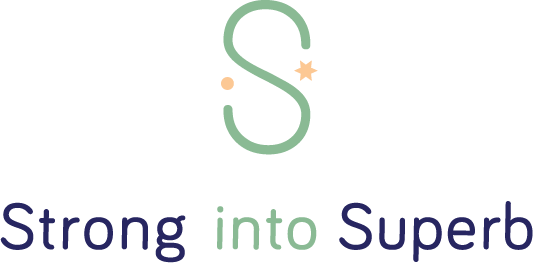What is wellbeing?
Wellbeing is at the heart of helping individuals and communities thrive and surprisingly, there is no agreed definition for wellbeing.
I have chosen to use a definition that focuses on the individual wellbeing: “wellbeing can be understood as how people feel and how they function both on a personal and social level, and how they evaluate their lives as a whole” (Michaelson et al., 2012, p. 6). I chose this definition of wellbeing, as research suggests that the wellbeing of an individual impacts, and is impacted by, all the people, workplaces, groups, societies, cultures within which it takes part.
What wellbeing isn’t
As the definition of wellbeing is through the lens of positive psychology, it excludes wellness concepts that require clinical support such as medical healthcare, health products such as nutritional supplements and medication, food, and personal care products.
So what is wellbeing science?
It “is the scientific investigation of wellbeing, its antecedents and consequences” (Oades et al, 2021, p. 719). As this field grows, so has the identification of evidence-based ways to guide, support and educate people to create the best possible wellbeing journeys for themselves, their families, workplaces and groups.
